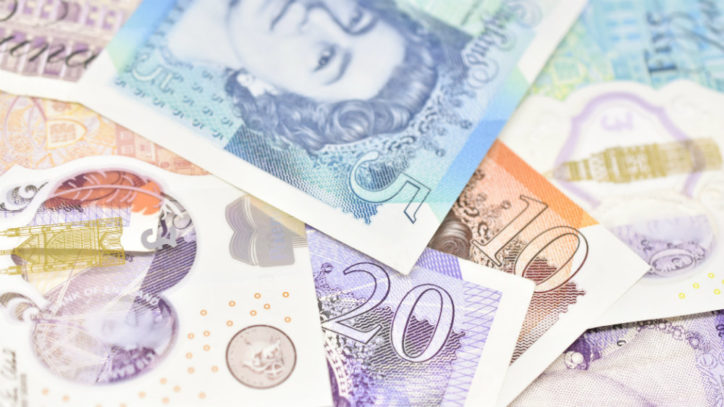
One of the secrets of building your financial independence is to make your savings work for you. At the very least, the value of your savings needs to increase faster than inflation. Otherwise you’re getting poorer, not richer.
Unfortunately, many ‘best buy’ cash ISAs continue to offer dividend yields of just 1.5%. That’s simply not enough to protect your hard-earned cash from being eroded by inflation, which is currently running at 2.4%.
In contrast, the long-term average return from the stock market is about 8%. That’s why I put most of my remaining savings into my stocks and shares ISA, except for some rainy day cash.
Today I want to look at two dividend stocks I’ve considered for my own portfolio.
A 7% yield from the FTSE 100 I think that insurance giant Aviva (LSE: LON:AV) could be one of the top dividend buys in the FTSE 100. Over the last few years, outgoing chief executive Mark Wilson has delivered on his promise to strengthen the group’s finances, improve cash generation and return cash to shareholders.
Despite this, the market hasn’t warmed to Aviva shares, which have fallen by more than 15% so far in 2018. Mr Wilson will be leaving the business in April to make way for a new chief executive with a stronger focus on growth.
The shares look too cheap to me It’s probably fair to say that Aviva’s growth rate has been slightly disappointing. But as a shareholder I think that the changes made by Mr Wilson — such as focusing on fewer, larger markets — have left it well positioned to provide dividend investors with a reliable income.
At the time of writing, the insurer’s shares were trading at 416p, in line with the group’s book value of 411p per share. Analysts are forecasting earnings of 57p per share this year, with a dividend of 30p. These projections give the stock a price/earnings ratio of 7.6 and a dividend yield of 7%.
In my view this is too cheap. I rate the shares as a buy at this level.
How safe is this 8% yield? One dividend stock I’m less certain about is FTSE 250 construction and engineering firm Kier Group (LSE: KIE).
Shares in the firm rose by 4% on Friday morning after management reported a fall in average debt and said it remained confident of hitting full-year profit forecasts.
That’s good news for shareholders, who have seen the value of their shares fall by nearly 25% this year. However, I don’t think Kier is out of the woods yet. Today’s statement suggests to me that a number of risks remain.
Buy, hold or sell? The first warning flag for me in today’s update was that the group expects profits to be weighted towards the second half of the year. There can be good reasons for this, but it’s sometimes a sign that a profit warning is likely later in the year.
My second worry is that average monthly net debt was £390m during the first half, slightly higher than the £375m reported last year. This represents about four times annual net profit. That’s too high for a low-margin business like this, in my view.
Kier shares look cheap on 6.8 times forecast earnings, with a prospective yield of 8.2%. But in my view the group’s debt could still trigger a dividend cut. I’d avoid the stock for now.
Roland Head owns shares of Aviva. The Motley Fool UK has no position in any of the shares mentioned. Views expressed on the companies mentioned in this article are those of the writer and therefore may differ from the official recommendations we make in our subscription services such as Share Advisor, Hidden Winners and Pro. Here at The Motley Fool we believe that considering a diverse range of insights makes us better investors.